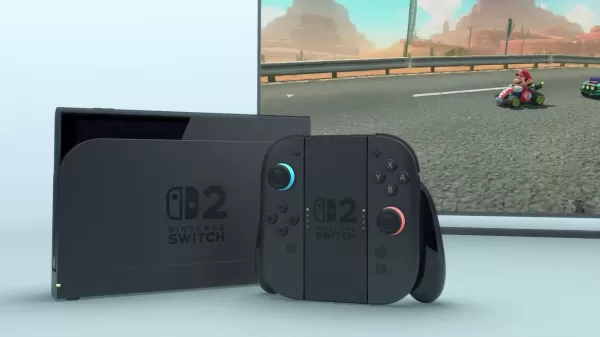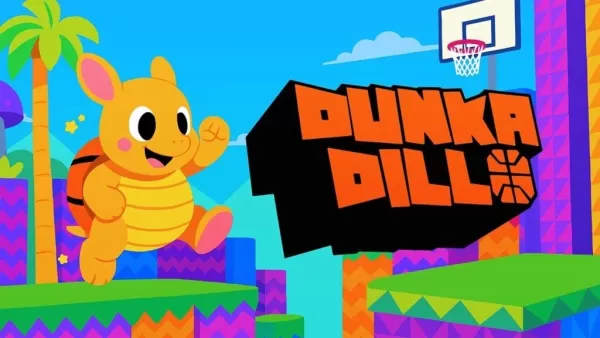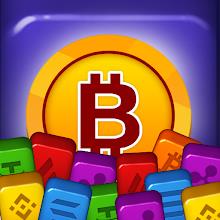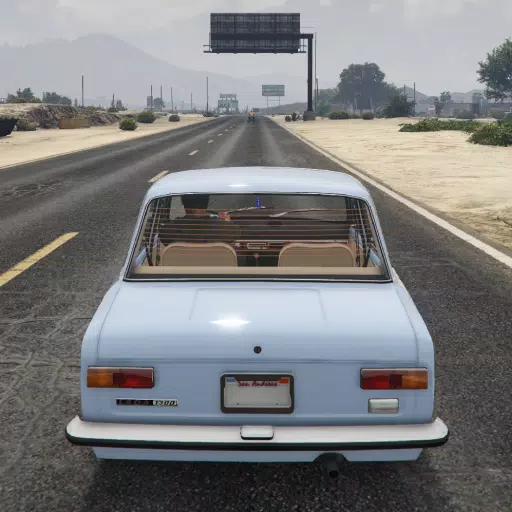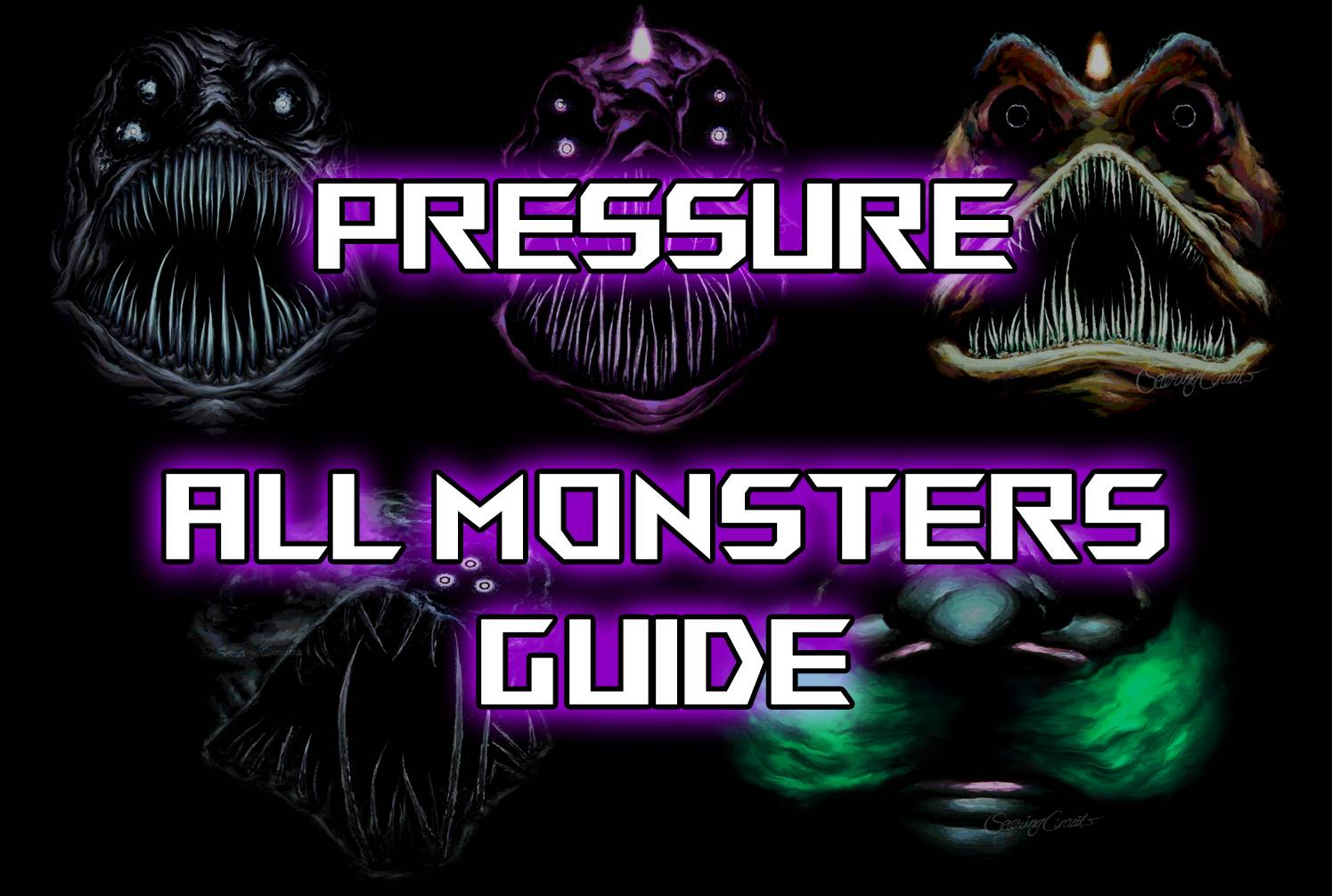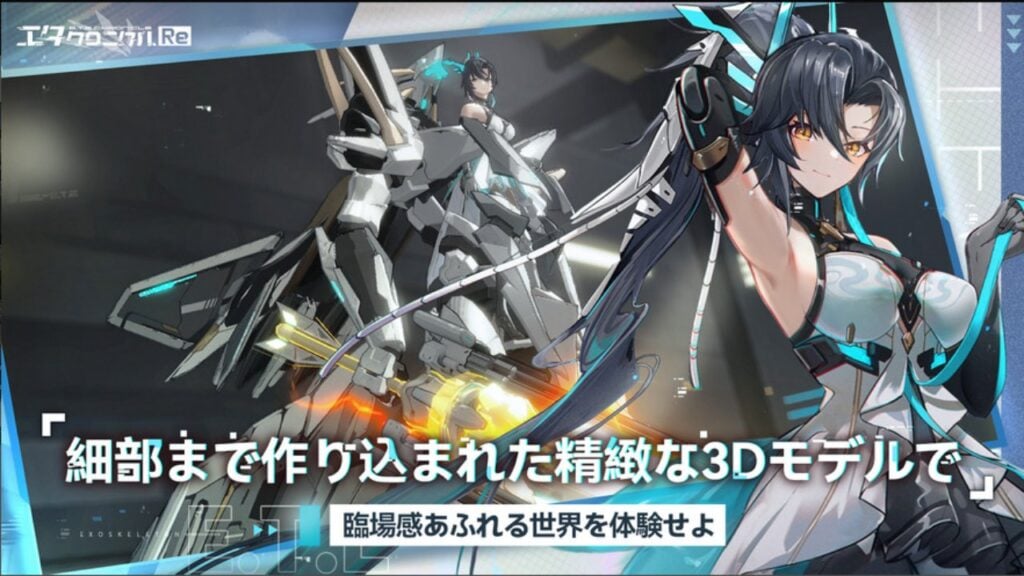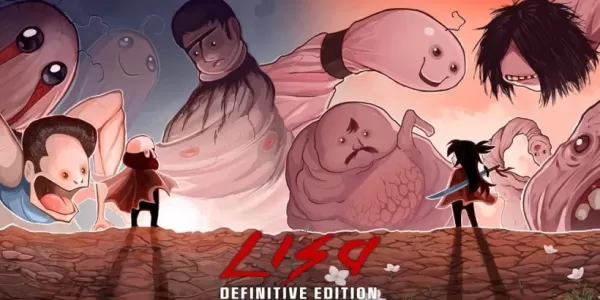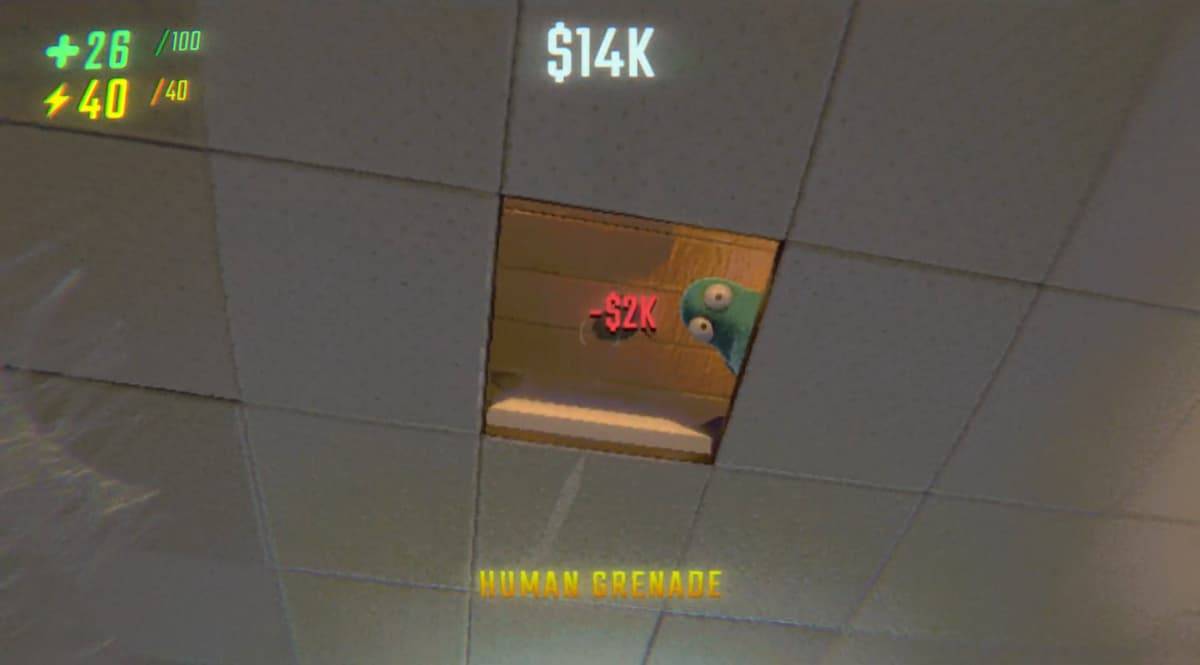Nintendo's aggressive stance against emulation is well-documented. Recent examples include the $2.4 million settlement with Yuzu emulator developers in March 2024, the October 2024 cessation of Ryujinx development following Nintendo's intervention, and the legal advice preventing a full Steam release of the Gamecube/Wii emulator Dolphin in 2023 due to Nintendo's pressure. The high-profile 2023 case against Gary Bowser, who sold devices circumventing Nintendo Switch anti-piracy measures, resulted in a $14.5 million judgment.
A Nintendo patent attorney, Koji Nishiura, recently shed light on the company's legal strategy at Tokyo eSports Festa 2025. While acknowledging that emulators aren't inherently illegal, Nishiura emphasized that their use can become illegal under certain circumstances. Specifically, emulators that copy game programs or disable console security measures may infringe on copyright laws. This is primarily based on Japan's Unfair Competition Prevention Act (UCPA), limiting Nintendo's direct legal action internationally.
The presentation cited the Nintendo DS "R4" card as a precedent. This device allowed users to play pirated games, leading to a 2009 court ruling against its manufacturers and distributors for violating the UCPA, effectively banning its sales in Japan. Nishiura also highlighted "reach apps," third-party tools facilitating pirated software downloads within emulators (like the 3DS Freeshop or Switch's Tinfoil), as potential copyright violations.
Nintendo's lawsuit against Yuzu highlighted the alleged one million pirated copies of The Legend of Zelda: Tears of the Kingdom, linking the emulator's Patreon revenue ($30,000 monthly) to the provision of early access and exclusive features, further emphasizing the company's focus on combating both emulation and piracy.





